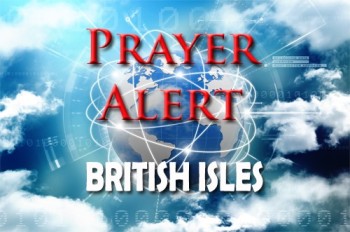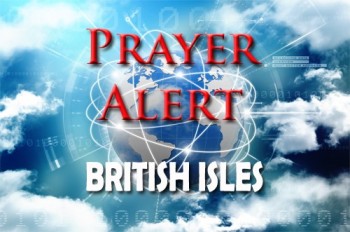Displaying items by tag: fishermen
Starmer close to EU arms deal - at the expense of fishermen
The UK is nearing a pivotal defence and trade agreement with the EU that could grant British arms companies access to a €150 billion European defence fund. In return, Keir Starmer’s government appears ready to concede on fishing rights - an issue that has stirred strong domestic opposition. The arrangement includes freezing fishing quotas and moving to a multi-year deal, rather than annual negotiations, in exchange for wider EU market access for UK defence firms. Critics argue this trade-off risks sacrificing the UK fishing industry’s post-Brexit gains. The National Federation of Fishermen’s Organisations has labelled the deal 'neocolonial’, with significant UK quotas already owned by foreign boats. Still, the economic contrast is stark: defence exports total £14.5 billion annually, compared to £1.7 billion in fish sales. The summit on 19 May is expected to formalise broader EU cooperation, including defence partnerships, dynamic alignment on food standards and emissions, and a debated youth mobility scheme. Starmer insists these moves are strategic steps toward global stability, security, and economic resilience amidst growing international challenges.
Sri Lanka: Indian fish poaching
On 17 October Sri Lankan fishermen launched a flotilla of boats from the northeastern fishing town of Mullaittivu to Sri Lanka’s northernmost tip, Point Pedro away. They are demanding that the government does more to protect the nation's prawn-rich northern waters from poaching by Indian fishing trawlers in the narrow Palk Strait which separates the South Asian neighbours. Bottom trawling was banned from Sri Lankan waters in 2017 because it involves dragging heavy nets across the seafloor to catch a large volume of fish, causing severe damage to the marine ecosystem. However, the authorities have failed to stop Indian poaching even though their fishing community has been complaining for years. Mass poaching takes valuable fish stocks away from Sri Lankan fishermen, so they struggle to make ends meet. Palk Strait is a rich fishing ground known for jumbo prawns. Sri Lanka regularly detains large numbers of Indian fishers and seizes their boats, but poaching continues.
UK fishermen fear losing homes
Since 1 January, the European Union has stopped British fishermen from selling oysters, scallops, clams, cockles and mussels, known as live bivalve molluscs (LBM), that are caught in so-called ‘Class B’ waters. The government says it is seeking an ‘urgent resolution’, while the European Commission said that the ban, on health grounds, applies to all third countries and ‘is not a surprise’ to the UK. Meanwhile Cornish shellfish workers are at risk of losing their homes because of the overnight ban on exporting their product to the EU. 65-year-old Tim Heard, who has been catching oysters for fifty years, is just one of the many who have seen their income completely stop.The environment department said, ‘It is unacceptable that the European Commission has changed its position regarding the export of live bivalve molluscs from Class B waters. There is no scientific or technical justification for this, and it is already impacting businesses on both sides of the Channel’.


